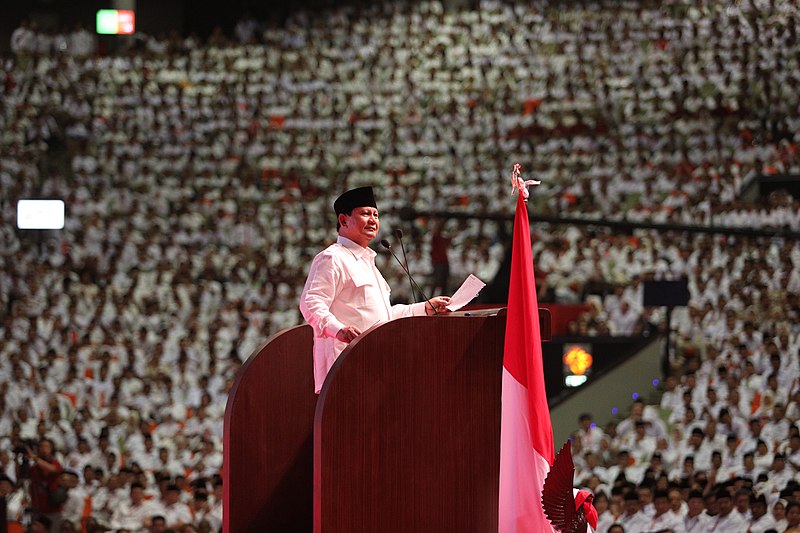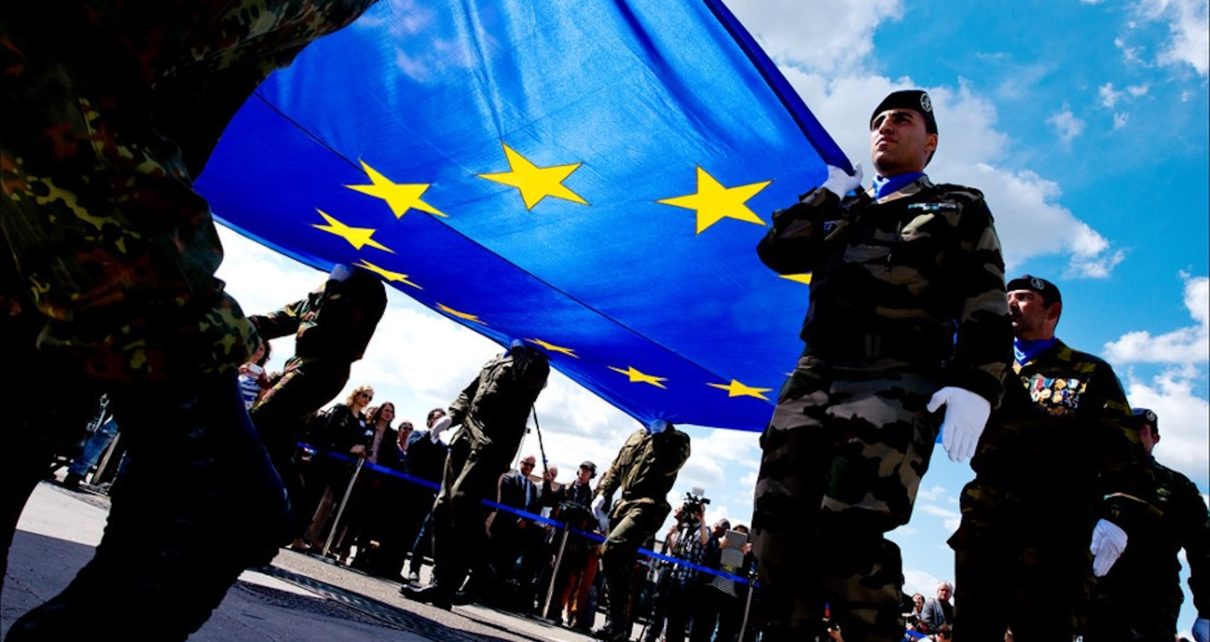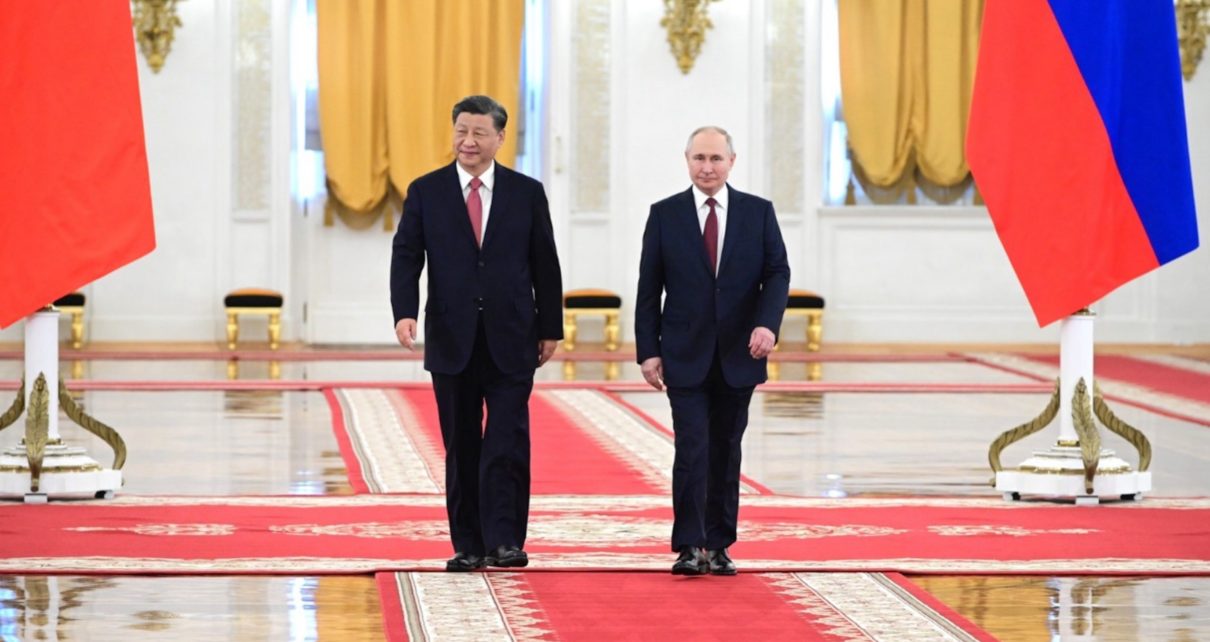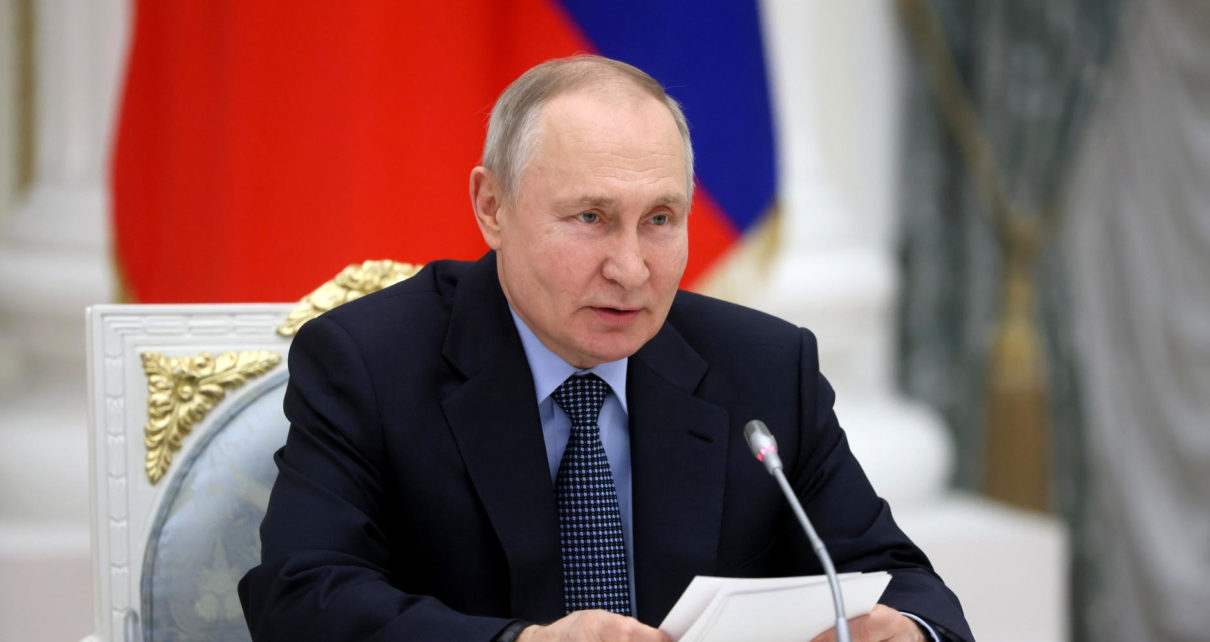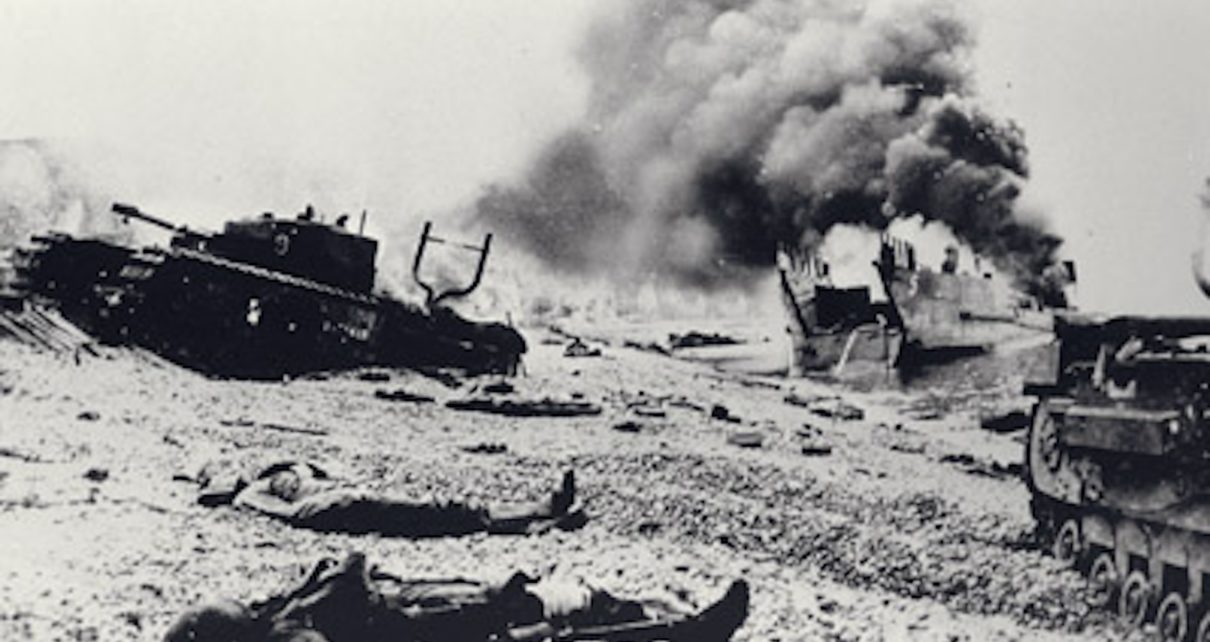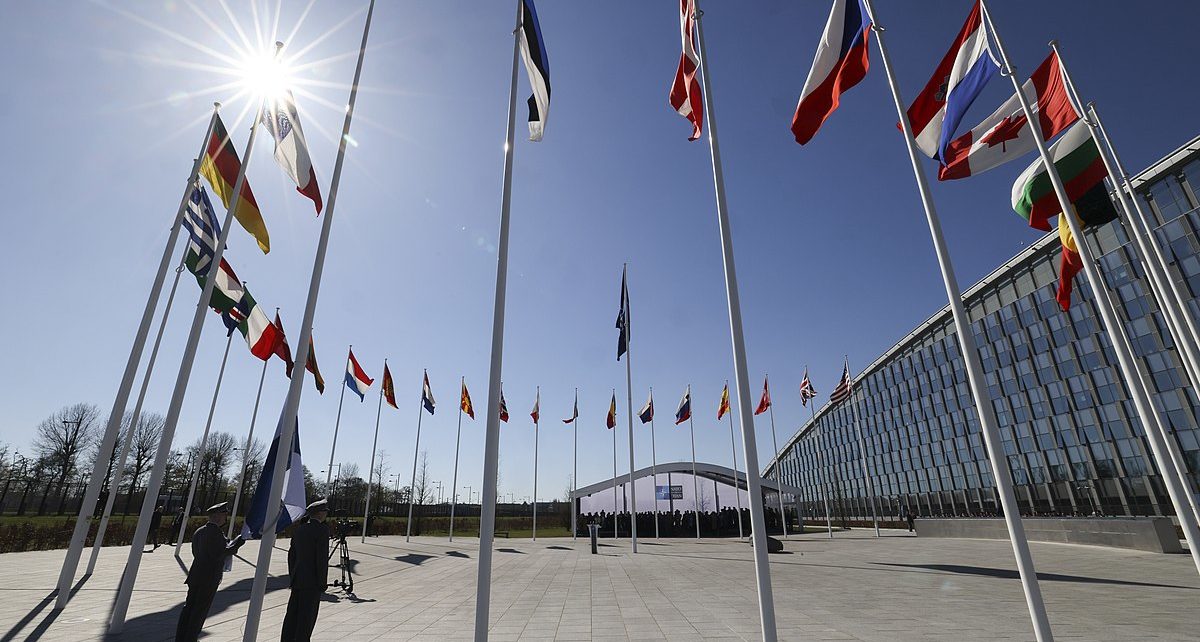Abstract: Indonesia’s election commission has confirmed that Minister of Defence Prabowo Subianto will be the next President of Indonesia. What could possibly remain and change in Jakarta’s foreign policy? In this article, Program Editor Mark Davis Madarang Pablo analyzes the probable sets of economic and security policies that Subianto might pursue against the backdrop of Read More…
Articles
A feminist approach to navigating a world in flux.
VUCA. An acronym commonly used by organizational leaders within the business environment has now become all too relevant in the context of international affairs. V. Volatile. U. Uncertain. C. Complex. A. Ambiguous. This is the state that humanity currently finds itself in. Ranging from realities such as increasing levels of political polarization to the rise Read More…
Towards a Stronger Europe: EDIS Feasibility and Collaboration for Enhanced Defence Resilience
Europe faces unprecedented security challenges, and the European Commission is seeking the opportunity to transform its defence-industrial base by creating the European Defence Industrial Strategy (EDIS), pledging €1.5 billion to support this initiative between (2025-2027). Critical procurement vulnerabilities have been exposed since the COVID-19 pandemic, Russia’s invasion of Ukraine, and the potential return of a Trump administration. Addressing these vulnerabilities and diversifying Read More…
Afghanistan: Not Buried Yet
In April of 2021, the United States government announced its withdrawal from what was at the time the Islamic Republic of Afghanistan. Twenty years of combat, 3609 dead NATO troops, and trillions of dollars later, Allied forces withdrew, and left the country vulnerable for the Taliban to seize control once again, like they had thirty Read More…
Navigating BRICS Expansion with an Eye to China and Russia: A Strategic Perspective
BRICS, the hitherto five-state grouping of emerging countries that, until now, included Brazil, Russia, India, China and South Africa, expanded in early 2024. This enlargement doubled BRICS’ membership to include authoritarian members Egypt, Ethiopia, Iran, Saudi Arabia, and the United Arab Emirates (UAE), but with Argentina desisting from joining after the election of President Milei. This is the first BRICS Read More…
Forever Putin? The Greater Implications of Russia’s Election Results.
A fifth term secured in power. Another six years claimed as the country’s head of state. On track to becoming the Kremlin’s longest serving leader since Soviet dictator Joseph Stalin. Welcome to the world of Mr. Vladimir Putin. Last month, Russia held its eighth presidential election, although it was predetermined who would emerge victorious. Yet, Read More…
Will it take a military disaster to convince Canadians that defence must be taken seriously?
March was not a great month for Canadian defence policy, even such as it is. It began with the publication by the CBC of a December 2023 Department of National Defence report stating that: “Only 58 per cent of the Canadian Armed Forces (CAF) would be able to respond if called upon in a crisis Read More…
NATO75 – Making the Most of Black Swans
There is an apocryphal quotation commonly attributed to Vladimir Lenin, that, “There are decades where nothing happens, and there are weeks where decades happen.” This apposite reflection on the uneven velocity of historical change could have been written of the new, narrow epoch the Atlantic Community finds itself in at the current moment. Only five Read More…
NATO Historical Series – Winning the Cold War
As NATO’s seventy-fifth anniversary approaches, the alliance finds itself confronted by Russian revanchism and invasions in Eastern Europe, growing anti-Western alliances in Asia, and tenuous and uncertain political trends in many member nations. Yet to NATO, this is familiar territory – much of the same dynamics are occurring now as during the Cold War (1947-91), Read More…
The Geopolitical Ramifications of Cyber Attacks on Canadian Energy Grids
In the current digital era, cyberattacks on Canadian energy networks raise serious geopolitical security concerns. These attacks have a significant impact on the geopolitical environment in addition to endangering the energy infrastructure. Cyberattacks on Canadian energy networks have far-reaching geopolitical repercussions that touch on many important industries. affecting national security, public safety, and the economy. Read More…

